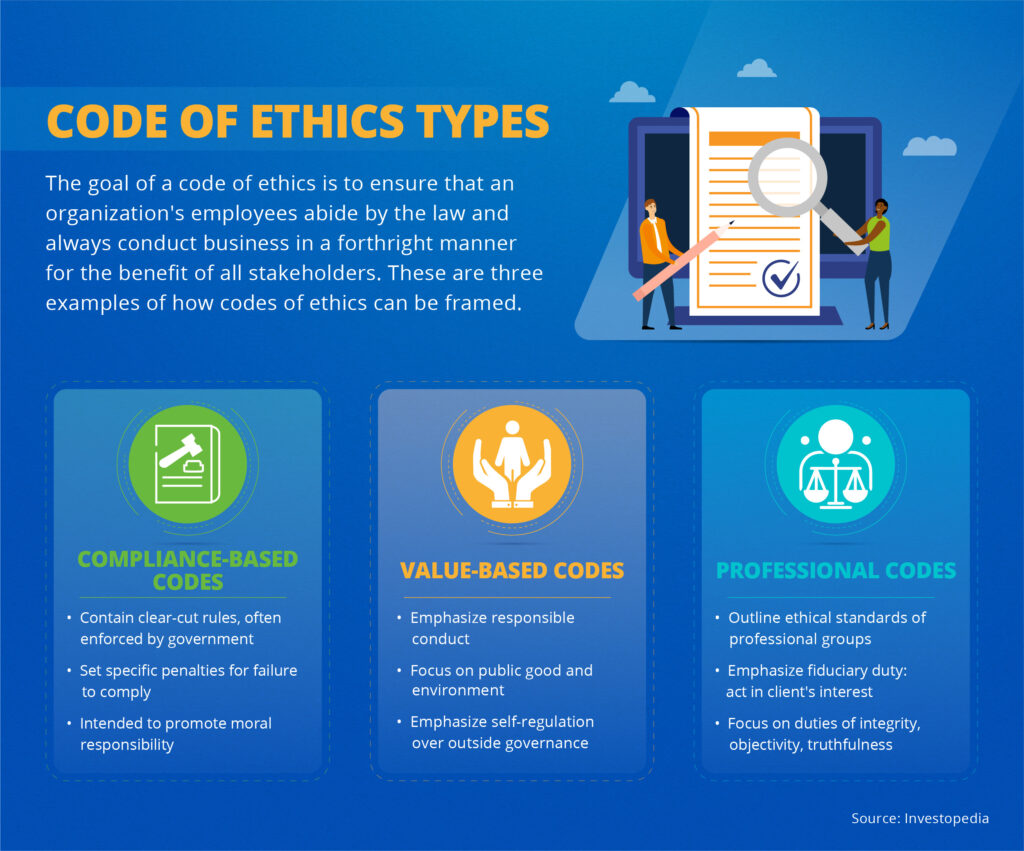The Role of Legal Professionals in Modern Society: Ethics, Responsibilities, and Challenges

Introduction
The legal profession plays a crucial role in maintaining justice, upholding the rule of law, and ensuring that individuals and organizations adhere to legal principles. Lawyers, judges, legal advisors, and other professionals in the field of law serve as guardians of justice, navigating the complexities of legal systems to protect the rights of individuals and institutions. This article explores the ethical considerations, responsibilities, and challenges faced by legal professionals in today’s rapidly evolving world.
The Ethical Responsibilities of Legal Professionals
One of the fundamental aspects of being a legal professional is adherence to ethical principles. The legal profession is built upon trust, integrity, and the unwavering commitment to justice. Ethical considerations include:
- Confidentiality: Lawyers are bound by attorney-client privilege, ensuring that sensitive information shared by clients remains protected.
- Conflict of Interest: Legal professionals must avoid situations where personal interests could compromise their professional duties.
- Competence and Diligence: Lawyers must possess the necessary skills and knowledge to provide competent legal representation and advice.
- Professional Independence: Legal professionals should not be influenced by external pressures that could hinder impartial judgment.
- Access to Justice: Lawyers have a moral obligation to ensure that legal assistance is accessible to all, regardless of financial status.
Responsibilities of Legal Professionals
Legal professionals have a diverse range of responsibilities depending on their specific roles within the legal system. Some of the primary responsibilities include:
1. Advising Clients
Legal professionals provide counsel to clients, guiding them through legal procedures, contracts, disputes, and regulatory matters. Whether representing individuals or corporations, lawyers must ensure their clients understand their rights and obligations under the law.
2. Advocacy and Representation
Lawyers serve as advocates in courts, administrative hearings, and negotiations. They present arguments, examine witnesses, and submit legal documents to support their clients’ cases. Effective advocacy requires thorough research, strong analytical skills, and persuasive communication.
3. Drafting Legal Documents
Legal drafting is a critical component of the profession, encompassing contracts, wills, agreements, and legal opinions. Precision in drafting helps prevent disputes and ensures clarity in legal transactions.
4. Ensuring Compliance with the Law
Corporations and individuals rely on legal professionals to ensure compliance with local, national, and international laws. Lawyers assist businesses in adhering to regulations related to labor, taxation, data privacy, and environmental protection.
Challenges Faced by Legal Professionals
Despite the prestige associated with the legal profession, legal professionals encounter numerous challenges, including:
1. Technological Disruptions
Advancements in artificial intelligence and legal tech have transformed traditional legal practices. Automated document review, legal research tools, and online dispute resolution platforms are reshaping the industry, requiring lawyers to adapt to technological innovations.
2. Work-Life Balance
The demanding nature of the legal profession often results in long hours, high stress levels, and burnout. Many legal professionals struggle to maintain a balance between their careers and personal lives.
3. Access to Justice and Legal Aid
In many jurisdictions, access to legal representation remains limited due to financial constraints. Pro bono work and legal aid programs aim to bridge this gap, but challenges persist in ensuring equal access to justice.
4. Ethical Dilemmas
Legal professionals frequently encounter situations where ethical principles may conflict with client interests or societal expectations. Navigating these dilemmas requires sound judgment and adherence to professional codes of conduct.
The Future of the Legal Profession
The legal profession is evolving rapidly in response to globalization, technological advancements, and shifting societal needs. Some key trends shaping the future of law include:
- Legal Tech Innovations: AI-powered legal research, contract automation, and blockchain-based smart contracts are revolutionizing legal services.
- Remote Legal Services: Virtual law firms and online dispute resolution platforms are making legal assistance more accessible and cost-effective.
- Regulatory Reforms: Governments and legal institutions are adapting to new regulatory challenges in areas such as cybersecurity, environmental law, and corporate governance.
- Diversity and Inclusion: Efforts to promote diversity in the legal profession are gaining momentum, ensuring equitable representation across gender, ethnicity, and socioeconomic backgrounds.
Conclusion
Legal professionals play an indispensable role in upholding justice, safeguarding rights, and ensuring the smooth functioning of legal systems. Despite the challenges faced, the profession continues to adapt and evolve, integrating technology and ethical considerations to meet the demands of modern society. As the legal landscape transforms, the commitment to integrity, competence, and justice remains paramount.


